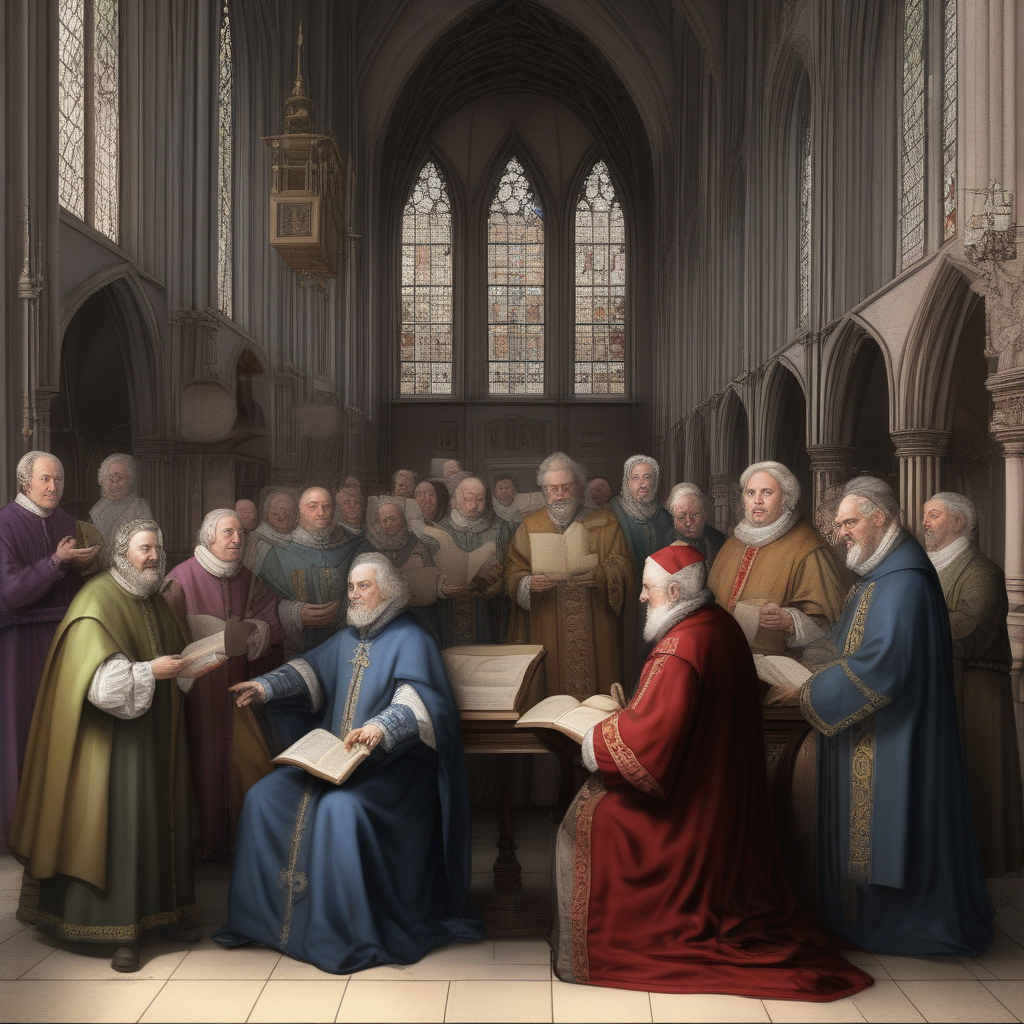Latitudinarians were a group of clergy and theologians in the Church of England during the 17th and 18th centuries who sought to promote tolerance and moderation in religious beliefs. They believed that the church should be more inclusive and flexible in its approach to theological matters, and were opposed to rigid adherence to dogma and doctrine. Latitudinarians emphasized reason and rationality in interpreting scripture, and rejected the more extreme forms of religious fundamentalism that were prevalent at the time.
One of the key figures associated with the latitudinarian movement was John Tillotson, Archbishop of Canterbury from 1691 to 1694. Tillotson was known for his advocacy of religious toleration and his belief in the importance of reason and moral virtue in matters of faith. He argued that diversity of opinion should be viewed as a strength rather than a weakness, and that unity could be achieved through mutual respect and understanding.
The ideas of the latitudinarians had a significant impact on the development of religious thought in England during this period. They helped to lay the groundwork for the Enlightenment, with its emphasis on reason, science, and progress. While the influence of the latitudinarian movement eventually waned, their legacy lives on in the continued debate over the proper role of religion in society and the importance of tolerance and open-mindedness in matters of faith.
